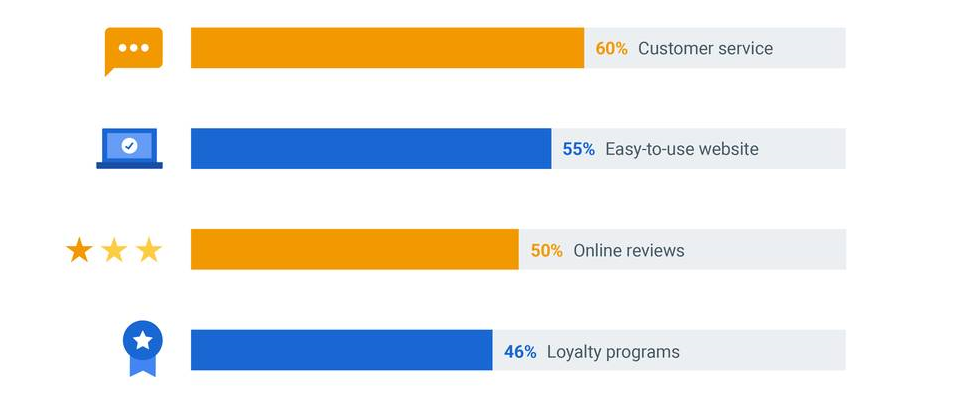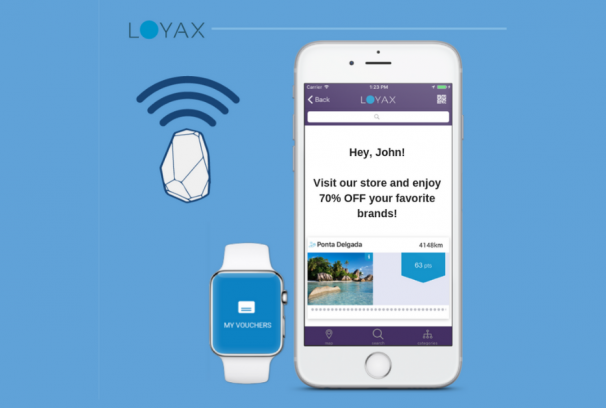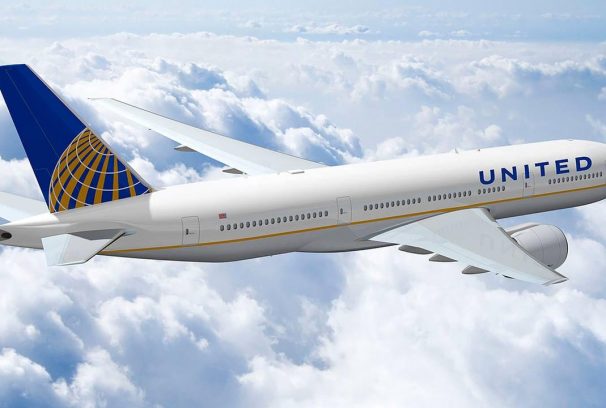Today, people have more booking choices than ever. And marketers must evolve their strategies to meet customers where they are. That is the reason it’s the ideal opportunity for making a trip brands to rethink travel loyalty. Loyalty has become synonymous with points, complimentary gifts, and membership discounts. Those benefits drive massive loyalty sign-ups, but the problem is, those same people may also be signing up with every one of your competitors.
Meet the high-value traveller. These travellers have an annual average of seven airlines and nine hotel bookings. They have high expectations for travel — only 21% will sacrifice comfort for a lower price. The vast majority — 87% — have status with at least one airline or hotel brand. As frequent travellers, they understand the benefits of rewards programs and have every reason to be loyal. But those programs only go so far.
Loyalty programs are not even one of the top three considerations when choosing which brand to book travel with. Customer service is the clear priority (60%), followed by an easy-to-use website (55%) and online reviews (50%). Loyalty programs come in fourth, motivating less than half of the high-value travellers (46%).
The service you provide, across all touchpoints, is more memorable than the points you can offer.

We can say that there are two different types of loyalty. Attitudinal loyalty is essentially how loyal someone feels. When asked whether they know which brand they will book with before looking for travel, attitudinally loyal people say yes. But that doesn’t always translate into consistent bookings. That’s where behavioural loyalty comes in. Behaviour loyalty is whether or not people act loyal by repeatedly booking with the same brand.
49% of high-value travellers have attitudinal loyalty for an airline (they feel loyal to one particular airline), and 53% have behavioural loyalty (they consistently choose to book with the same brand). For hotels, only 30% of high-value travellers express attitudinal loyalty to a hotel, and only 44% demonstrate behavioural loyalty. That’s because attitudinal loyalty does not necessarily create behavioural loyalty and the other way around.
Imagine someone who is a rewards member of a large hotel chain and has had good experiences staying at its brands. This traveller may very well feel loyal to that chain, and regularly consider them, demonstrating attitudinal loyalty, but they end up acting disloyal when they find a better fit for their trip with another hotel.
Conversely, another traveller may perceive very little differentiation between hotel brands and therefore feel no loyalty, but they may seem to act loyally by frequently staying at the same hotel. In that case, their behavioural loyalty seems to come from convenience rather than brand love. Maybe that brand has locations near this traveller’s offices, or maybe it is at the right price point. Whatever the reason may be, that hotel brand still is not top of mind for them and needs to work to earn their business each time.
Loyalty is a constant choice, and marketers must think about earning both types.
Attitudinal loyalty comes down to what people associate with your brand and how differentiated you are. Is the total customer experience — on-site, on the phone, online — so compelling that people will remember it?
Behavioural loyalty is a matter of being present, with content tailored to your audience when they need it most, across channels and devices. Is your advertising optimized for channel efficiency or for providing value to your best customers?
For more information on travel loyalty programs, contact us.
You may also want to explore: Hotel and Tourism Loyalty Programs
REFERENCES
1. Google/Greenberg, U.S., High-Value Traveler Research, Base: Business and leisure travelers, June 2018
2. Jenna Hovel August 2018 Consumer Insights, Travel, Experience & Design
3. Think with Google



